
Olawale Edun, Nigeria’s Finance Minister and Coordinating Minister of the Economy, said that countries do not necessarily have to take advice from the International Monetary Fund, IMF, and other global institutions.
The minister disclosed this on Wednesday during an annual meeting with the World Bank/IMF in Washington, DC.
At the meeting-themed Global Investors’ Forum, Edun stated the Bretton Wood institutions support countries with concessional financing and advisory—one that helps shape domestic policies and plans. However, countries do not necessarily need to take IMF advice always.
You don’t always have to take their advice. The IMF said we shouldn’t do domestic issues of dollar bonds, but we did it, and we were 100 per cent oversubscribed. But we still value their viewpoint and take it into account, Premium Times quoted the minister.
Edun also recalled the disbursement of loans to countries during COVID, citing that “Everybody was credited. Like everybody else, we have funding.”
[It] was just done by the IMF in their role, commitments and responsibilities for stabilising the international financial system, they credited everybody,” he added.
Apart from money, the thought leadership, technical assistance, and advice, information and data that these institutions are able to provide is of value,” Edun added.
Read Also: IMF Urges Nigeria To Expand ‘Cash Transfer’ Program To Cover Rural Areas
Nonetheless, it is worth pointing out that, historically, institutions like the IMF and World Bank are known for handing out concessionary loans, serving as buffers to countries to meet their financial needs.
A recent loan by the IMF to the Nigerian government was the $2.5 billion announced to aid the country’s economic recovery up to a 40-year, a 10-year moratorium, and a one per cent interest rate.
About The Author
Mayowa Durosinmi
author
M. Durosinmi is a West Africa Weekly investigative reporter covering Politics, Human Rights, Health, and Security in West Africa and the Sahel Region
Mayowa Durosinmi
M. Durosinmi is a West Africa Weekly investigative reporter covering Politics, Human Rights, Health, and Security in West Africa and the Sahel Region
Related Articles
Tinubu Government Delays Release of Signed Tax Acts to the Public
Four days after President Bola Tinubu announced the signing of four tax...
ByMayowa DurosinmiJune 30, 2025DR Congo, Rwanda to Sign US-Mediated Peace Deal
The Democratic Republic of Congo (DRC) and Rwanda are set to sign...
ByConfidence UbaniJune 27, 2025Missing ₦210tn: Nigerian Senate Rejects NNPCL’s Retreat Excuse, Gives 10-Day Ultimatum to Appear Before Probe Panel
The Nigerian National Petroleum Company Limited (NNPCL) on Thursday failed to appear...
ByOluwasegun SanusiJune 27, 2025Mali and Russia Sign Strategic Agreements in Gold, Energy, and Agriculture Sector
Mali has signed agreements with Russia toward economic transformation following a high-level...
ByOluwasegun SanusiJune 26, 2025






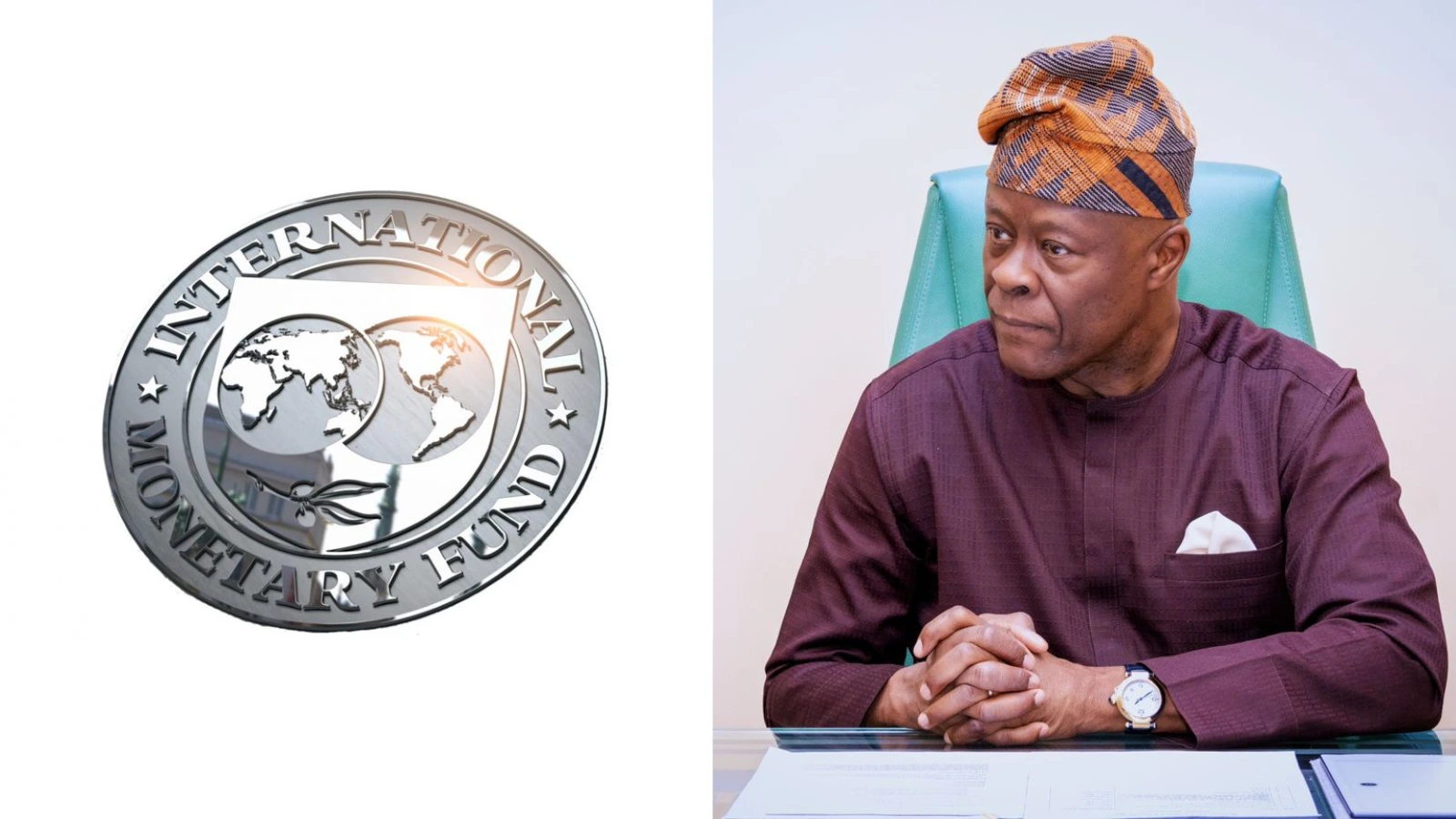

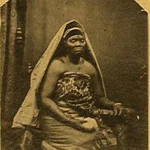

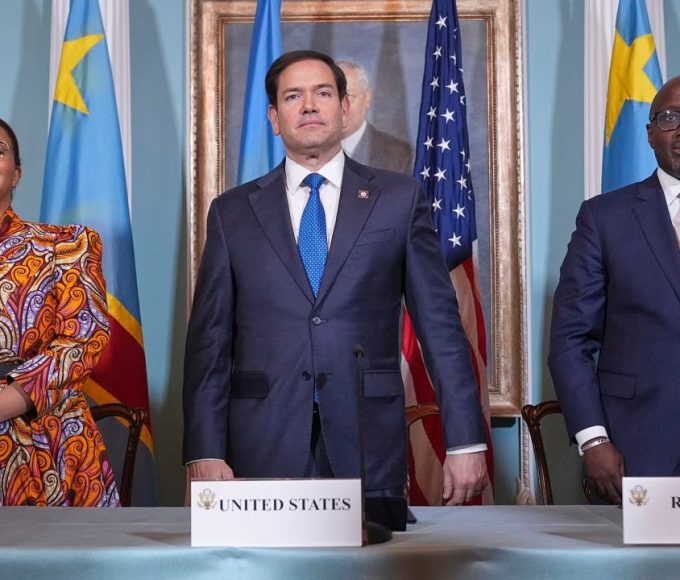
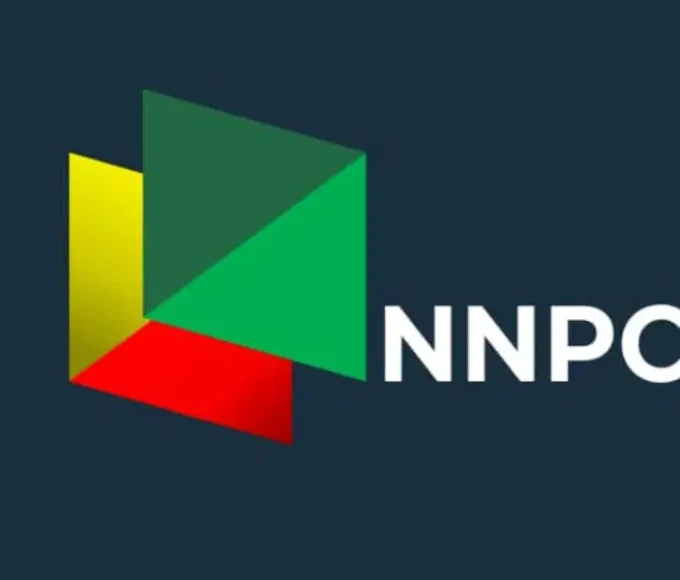
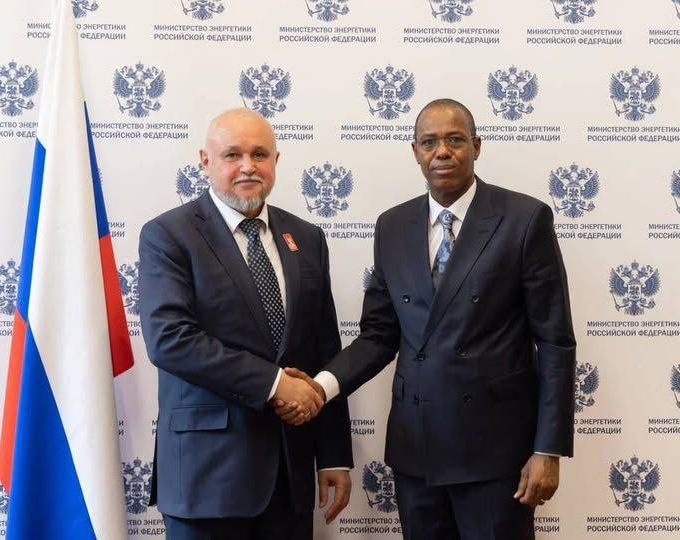
Leave a comment